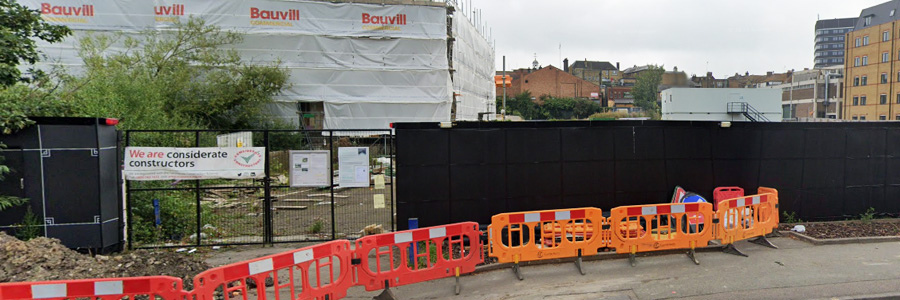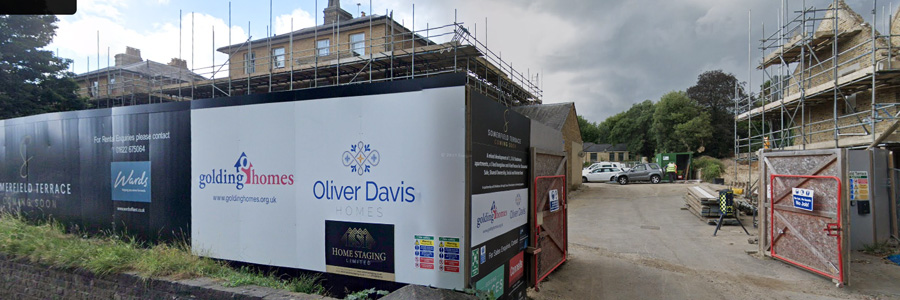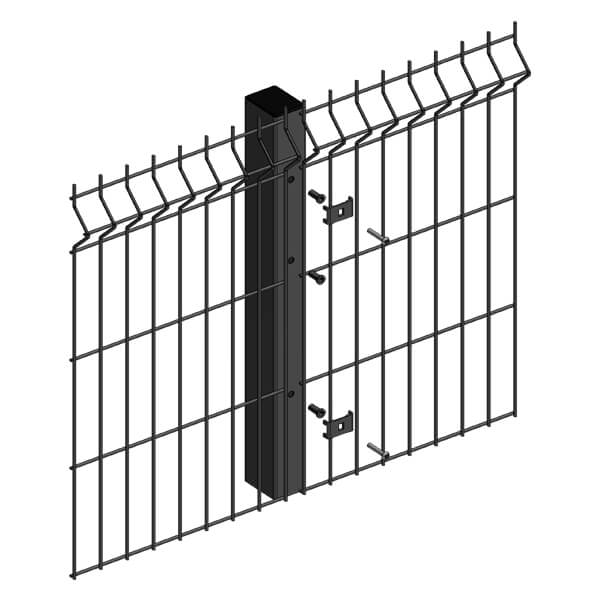Published:
Yes, most building sites do need to be fenced off. According to UK regulations, securing a construction site is not only best practice for safety but is, in most cases, also a legal requirement.
Fencing off a building site helps to protect the public, prevent unauthorised access, reduce the risk of accidents and bolster security as crime rates rise.
Is It a Legal Requirement to Have a Fence Around a Building Site?
In most cases, yes, it is a legal requirement to have a fence around a building site. The Construction (Design and Management) Regulations 2015, specifically Regulation 17, mandates that construction sites be fenced off to ensure safety. The law states: “A construction site must be, so far as is reasonably practicable, made and kept safe for, and without risks to, the health of a person at work there.”
Regulation 18 further emphasises: “Where necessary in the interests of health and safety, a construction site must, so far as is reasonably practicable, and in accordance with the level of risk posed, comply with either or both of the following—
- (a) have its perimeter identified by suitable signs and be arranged so that its extent is readily identifiable; or
- (b) be fenced off.”
While these two regulations can come across as ambiguous, Regulation 15 states that “A contractor must not begin work on a construction site unless reasonable steps have been taken to prevent access by unauthorised persons to that site.”
The Health and Safety Executive also affirms that “All construction sites require:
- Measures to manage access across defined boundaries; and
- Steps to exclude unauthorised people.
The HSE goes on to say that “Determining the boundary is an important aspect of managing public risk. You need to:
- plan what form the perimeter will take;
- provide the fencing; and
- maintain the fencing.”
When considered in conjunction, it is clear that UK law requires temporary fencing to be installed at building sites to prevent accidents and ensure the safety of both workers and the public.
Why Is It Important to Secure a Building Site?
Temporary security fencing at a building site prevents unauthorised access, reducing the risk of accidents and injuries. Construction sites are inherently hazardous, with heavy machinery, open excavations, and materials that can be dangerous if not carefully managed. Proper fencing keeps the public, especially children who might be curious, away from these dangers.
In addition, failing to secure a construction site can result in legal penalties. As we saw above, UK law requires that most construction sites be fenced off. Non-compliance with these regulations can lead to fines, legal action, and dreaded project delays.
Fencing off a construction site also helps deter theft and vandalism. Construction sites are spaces where valuable equipment and materials can be targeted for theft, especially as the cost-of-living crisis increases desperation across communities. A secure fence is a deterrent to potential thieves and vandals, protecting assets and avoiding losses that can make projects far more challenging to complete.
Lastly, securing the site ensures that only authorised personnel have access, maintaining the project’s integrity. A fencing system helps manage site access, ensures safety protocols are followed, and ensures the site remains organised and efficient.







